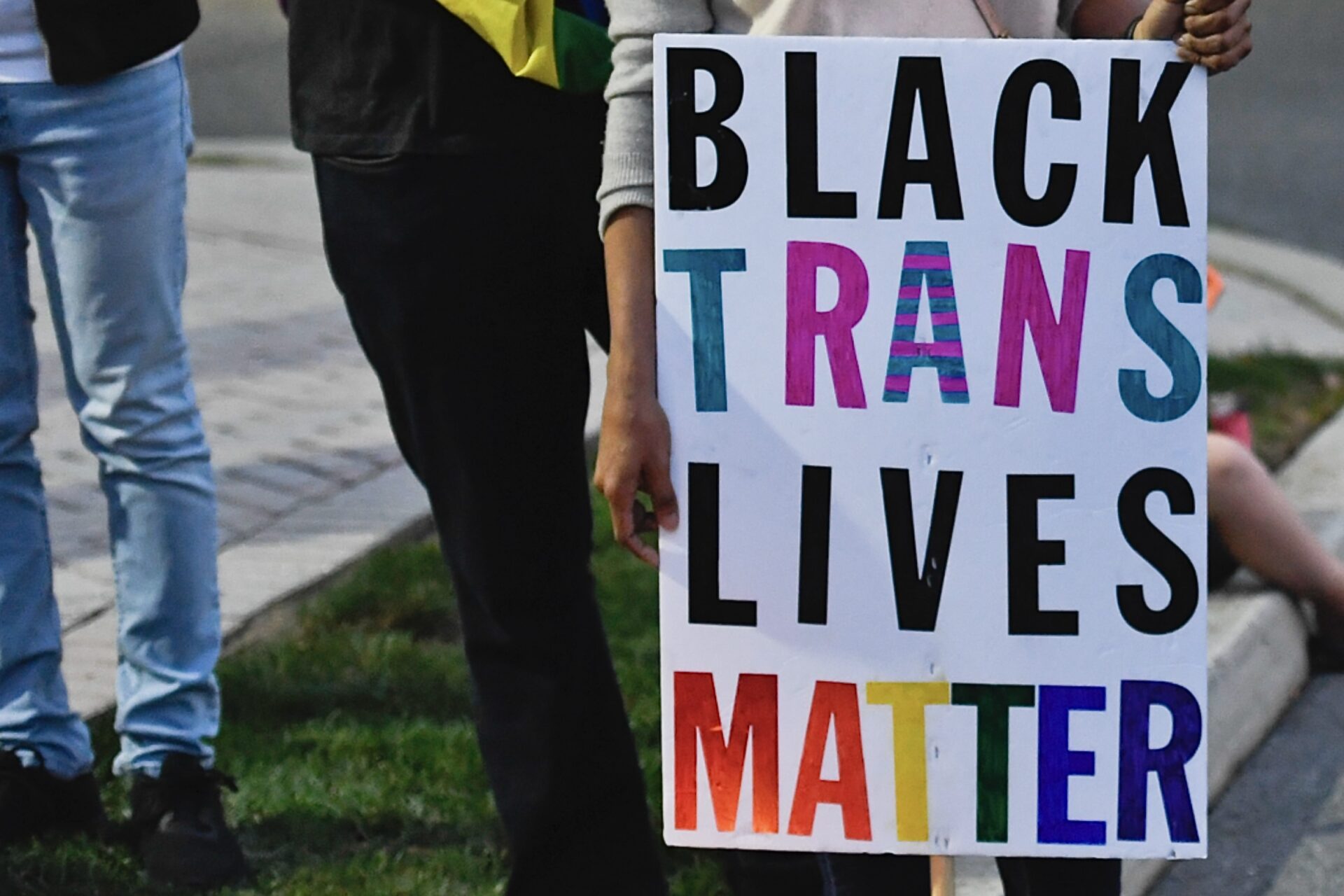
October 9, 2024
Georgia Colleges And Universities Are 1 Step Closer To Banning Transgender Athletes
The request also has support from the state's lieutenant governor.
On Oct. 7, members of the Georgia State Board of Regents, which oversees the state’s 26 public colleges and universities, unanimously voted to ask for ban on transgender athletes in college sports, the New York Post reports.
The board is challenging both the NCAA and the National Junior College Athletic Association’s policies, which “align with the Olympic movement” in creating space for transgender athletes.
Georgia’s government is largely conservative; as such, Republican Georgia Lt. Gov. Burt Jones led the movement to seek a more stringent policy for the state’s public institutions.
On Mar. 15, Jones took his grievance public and condemned the NCAA for its progressive policies on his X account.
Lt. Governor Burt Jones Expresses Support for Independent Council on Women’s Sports, Urges NCAA to Ban Biological Men in Women’s Sports
“I demand that the NCAA and these universities issue an apology and right their wrongs.”
Link: https://t.co/EjjRlkFVka #gapol pic.twitter.com/D0CBbfNCZ1
— Lt. Governor Burt Jones (@LtGovJonesGA) March 15, 2024
Georgia public colleges and university’s athletic programs are governed by the NCAA and National Junior College Athletic Association. The National Association of Intercollegiate Athletics (NAIA), made up of smaller private colleges, has a less tolerant approach to transgender athletes. Georgia is seeking a policy that mirrors the NAIA and bans only transgender women from playing any form of college sports.
“Under the NAIA’s new policies, the only athletes permitted to participate in women’s sports are those assigned female at birth and have not undergone hormone therapy,” the New York Post explained. “All athletes are still allowed to participate in NAIA-sponsored male sports.”
The policy focuses heavily on the levels of testosterone in the body:
- A trans male (FTM) student-athlete who has received a medical exception for treatment with testosterone for diagnosed gender dysphoria for purposes of NCAA competition may compete on a men’s team but is no longer eligible to compete on a women’s team without changing that team status to a mixed team.
- A trans female (MTF) student-athlete being treated with testosterone suppression medication for gender dysphoria for the purposes of NCAA competition may continue to compete on a men’s team but may not compete on a women’s team without changing it to a mixed team status until completing one calendar year of testosterone suppression treatment.”
While the Board of Regents is one step closer to its end goal of eliminating transgender athletes in college sports altogether, the aforementioned rules remain in place.
RELATED CONTENT: Basketball Legend Dikembe Mutombo Dies Of Brain Cancer At 58